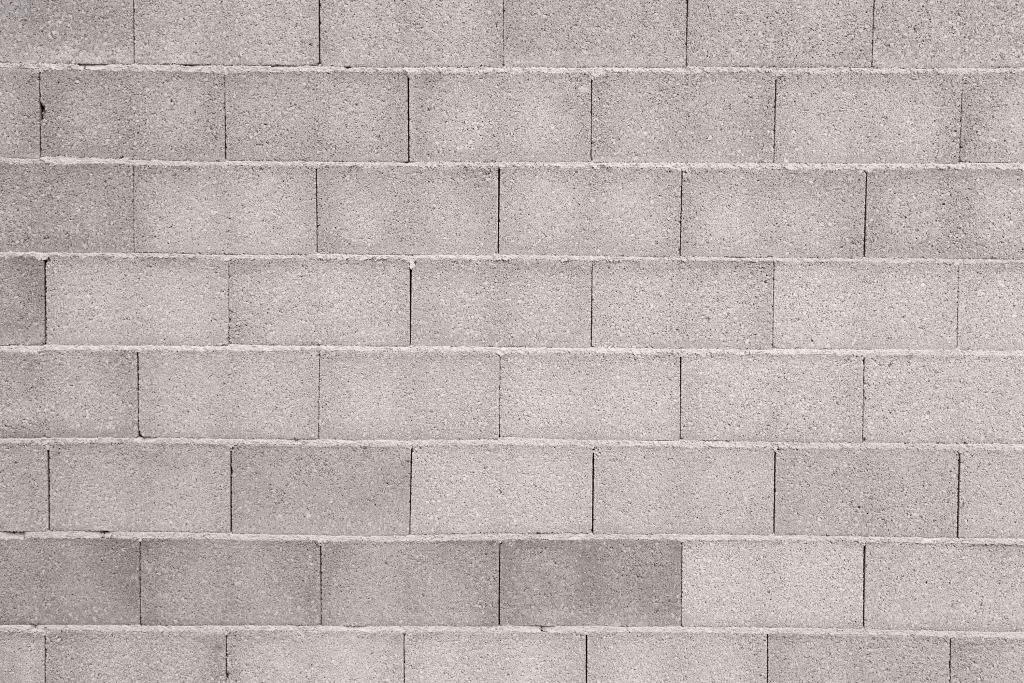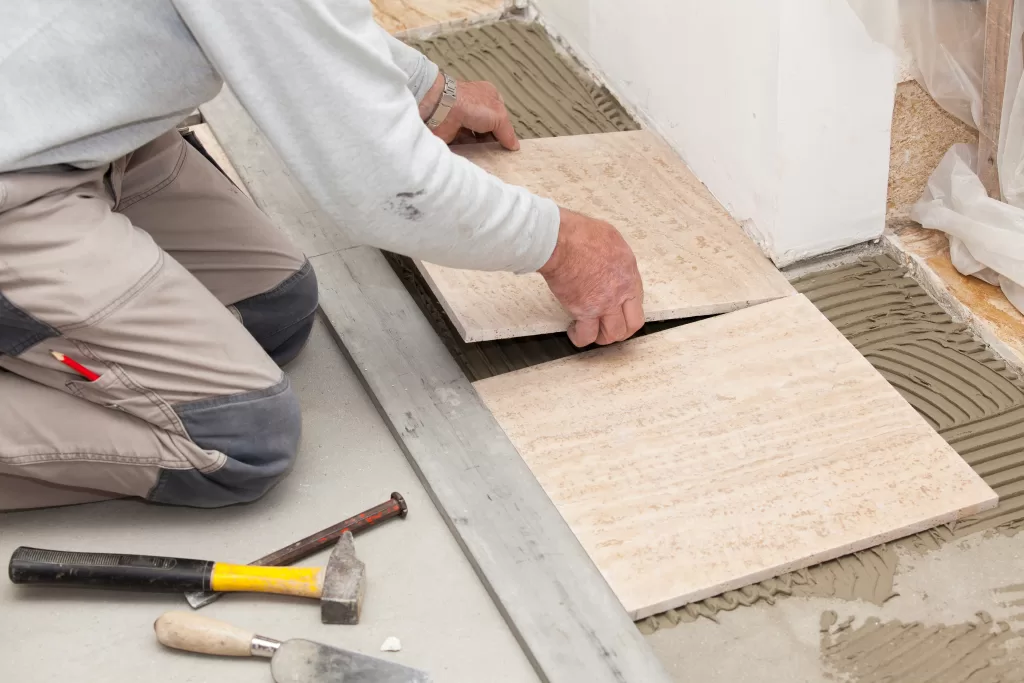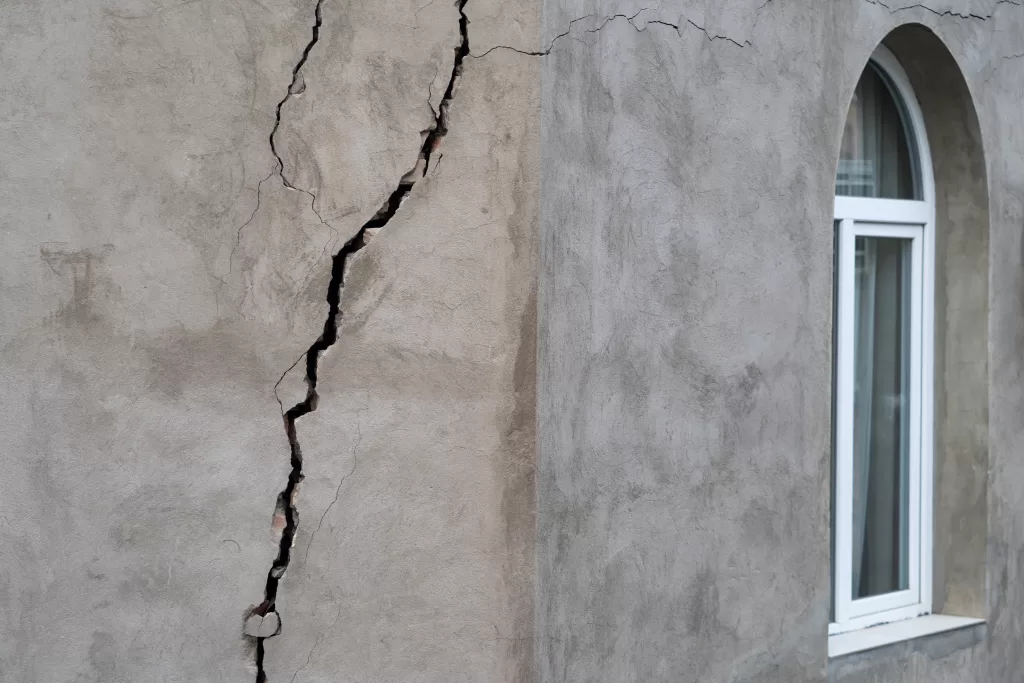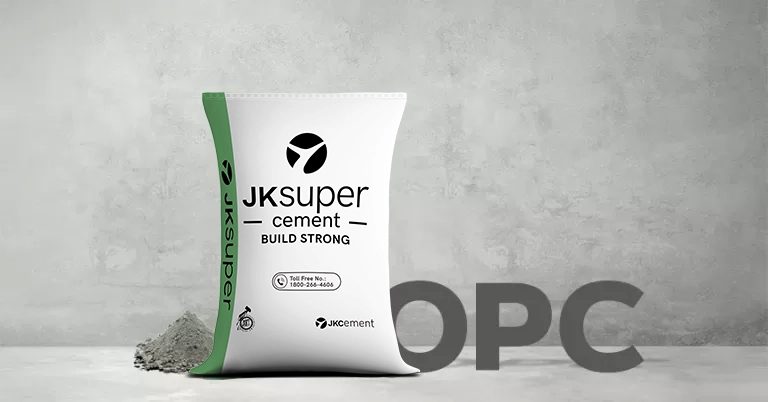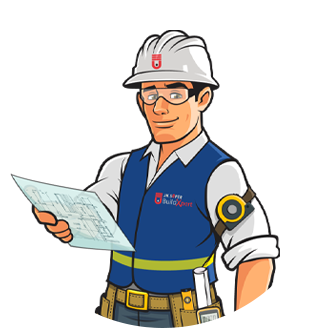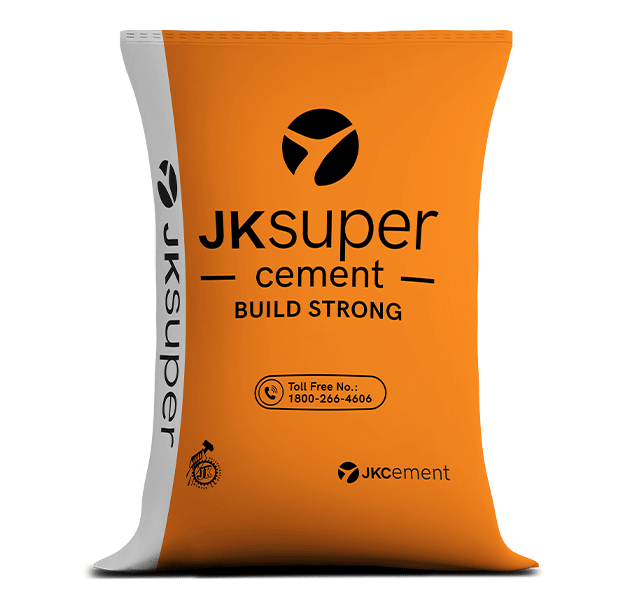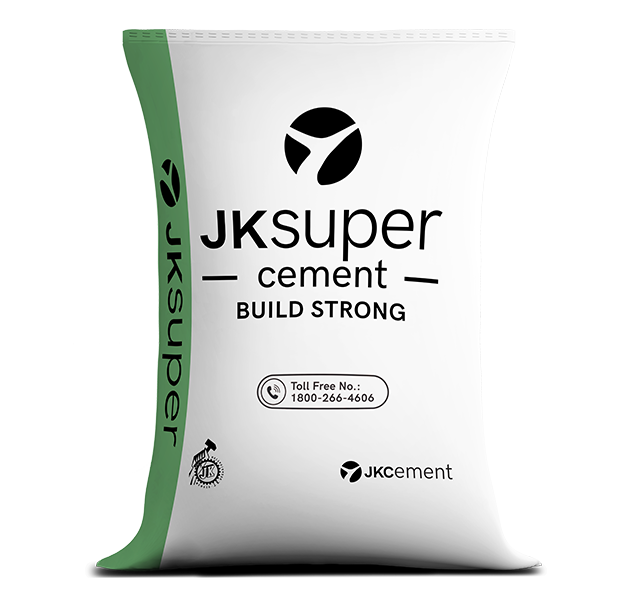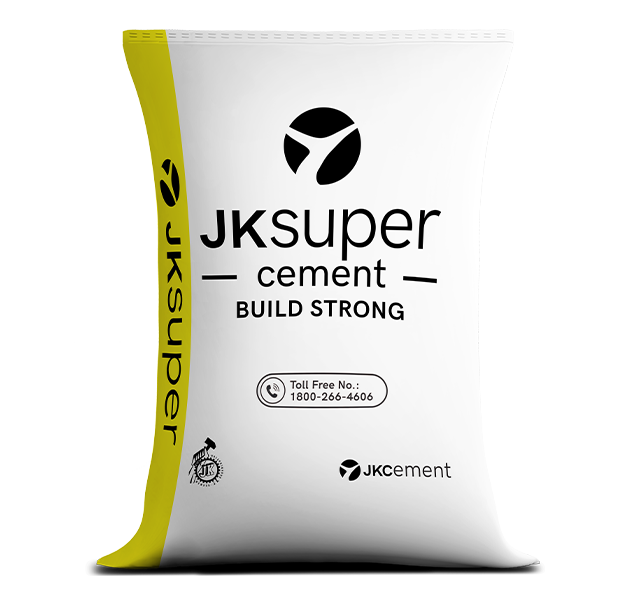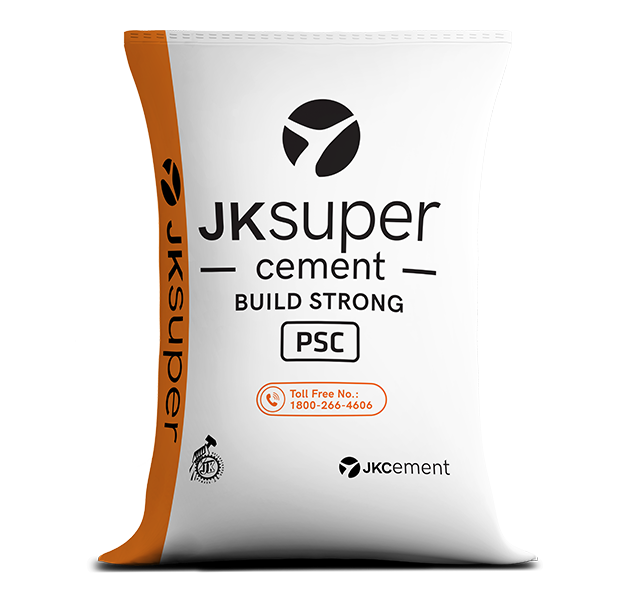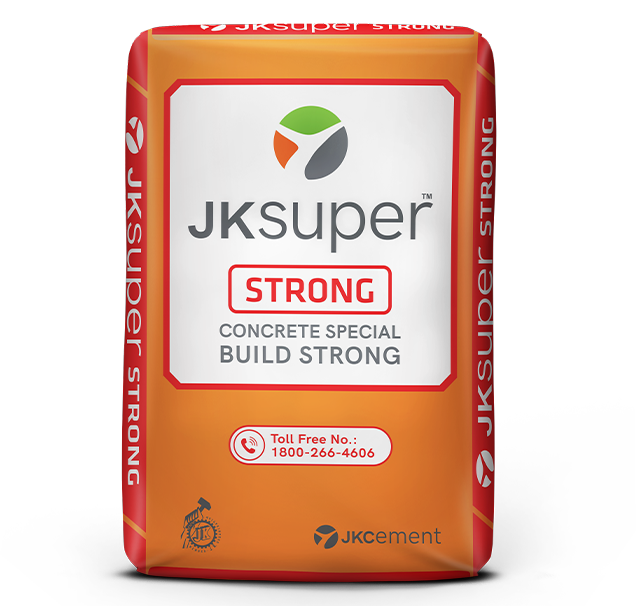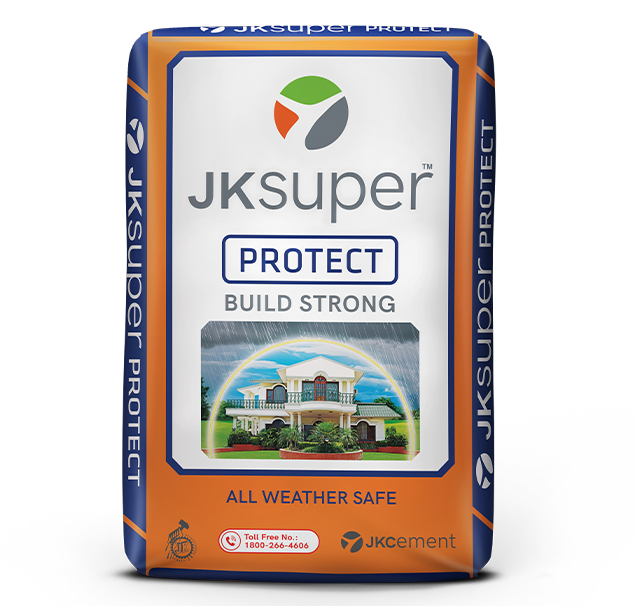Successfully developed in the 1920s by Swedish architect Dr. Johan Axel Eriksson, autoclaved aerated concrete or AAC replaced wood as a superb building material as it has similar properties to wood. This green building material provided an edge over wood for building structures without the disadvantages of decay, termite damage, and combustibility. This article explains the meaning of AAC blocks and their types and uses, among other things.
What Are Autoclaved Aerated Concrete Blocks?
Autoclaved aerated concrete (AAC) blocks are an excellent building material that are lightweight and durable.
AAC blocks are made with cement, fine aggregates (such as sand or fly ash), water, and an expansion agent (that causes the mixture to increase in volume); visually, it may look similar to the rising of bread during proofing. When the mixture is completely dry, it contains about 80% air.
During the production process of AAC blocks, the mixture is moulded and cut into units of precise dimension. By adding an expansion agent to concrete mixture, you can get an eco-friendly substitute for red bricks.
Types of AAC Blocks
AAC blocks can be tweaked slightly to suit the requirements of different projects; some of the common AAC block types include the following:
-
- 100 mm AAC blocks
-
- 200 mm AAC blocks
-
- Fire resistant AAC blocks
-
- Long-lasting AAC blocks
-
- Rectangular fly ash AAC blocks
Features of AAC Blocks
Autoclaved aerated concrete blocks have the normal dry density of about 550-650 kg/m3, which is light enough to float in water. Its compressive strength can range from about 3 to 4.5 N/mm2. Other features of AAC blocks include fire resistance, shear stress and sound reduction index. A structure made with AAC blocks can save energy consumption for air-conditioning by approx 30%.
Advantages of AAC Blocks
Listed below are some advantages of AAC blocks:
Highly Durable
AAC blocks have excellent load-bearing capacity and are highly durable. They resist water, mould, mildew, insects, and rotting over time as AAC blocks are cement-based.
Fire Resistant
Since AAC blocks are non-combustible, they don’t burn or produce toxic fumes during a fire. The fire-resistant properties of AAC blocks may make the structure tolerate high temperature for up to 6 hours or more, depending on other factors.
Lightweight and Easy to Work
AAC blocks are up to 3 times lighter than red bricks, which makes it easier to modify their shape. You can easily cut, shave, insert screws and nails, and create chases for electrical and plumbing connections. Thus, making them highly flexible for designing.
Thermal Insulation and Acoustic Performance
The composition of ACC blocks provides thermal insulation and sound proofing. Dwellers can enjoy privacy due to reduced sound from outside and other rooms as well if the interior partition walls are made with AAC blocks as well.
Versatile Usage
AAC blocks are suitable for building various structures; walls, floors, and roofs can be easily made with AAC blocks as they come in different sizes. Blocks are stacked together with mortar in a running bond to create durable structure quickly.
Eco-friendly
Since autoclaved aerated concrete blocks can be made with recycled materials like fly ash and rebar, they are more suitable for building from the perspective of sustainability. They also require less building material.
Disadvantages of AAC Blocks
Although there are numerous benefits of using AAC blocks, it has its own set of challenges; a few disadvantages of AAC blocks are listed below:
-
- AAC blocks are not as widely available as most concrete products, but they can be shipped anywhere as they are lightweight.
-
- A structure made with ACC blocks usually requires reinforcement in load-bearing application as it has comparatively less strength than other concrete products or systems.
-
- Since the material of AAC blocks is porous in nature, they cannot be left exposed and require a protective finish in order to prevent deterioration over time. AAC blocks are require more care while handling to avoid breakage as they are brittle in nature.
AAC Blocks: What Are They Used For?
This concrete-based material can be used for both interior and exterior structures. AAC blocks are suitable for high-rise buildings and structures in places that have a high-temperature variation. Buildings made with AAC blocks don’t usually require separate insulation material. AAC can be made in the form of blocks as well as panes; some of its common applications include multi-storey buildings, residential units and kitchen surfaces.
The Future of AAC Block Technology
Autoclaved aerated concrete blocks are a revolutionary building material that require less material, produce less waste, and are highly durable. Its role in the construction industry is expected to grow exponentially.
AAC blocks can be considered the way forward in construction industry for a wide range of application and ultimately reduce carbon footprint.
Summing Up
Autoclaved aerated concrete blocks can tackle common inherent challenges of some sites, including noise and uneven terrain. This concrete system can be used to create a durable building of top-notch quality that tackles such challenges.
Concrete blocks like AAC can be used in numerous construction projects. Ensure that you use blocks that have been made with exceptional quality house construction cement like Portland cement, sourced from leading cement manufacturers.
FAQs
What are AAC blocks, and how are they different from traditional concrete blocks?
AAC blocks are made by modifying concrete using an expansion agent. They are lightweight and suitable for building roofs, walls, and floors, while traditional concrete blocks are quite dense and may not be suitable for making roofs.
What are the advantages of using AAC blocks in construction projects?
AAC blocks are lightweight, easy to manipulate, thermal resistant, eco-friendly, pest-resistant, and cost-effective in addition to providing sound insulation among other things.
Are AAC blocks suitable for load-bearing applications, or are they primarily used for non-load-bearing walls?
AAC blocks are versatile and can be used in both type of applications. However, a load-bearing structure made with AAC blocks typically needs to be reinforced.
Can AAC blocks be used in regions with extreme weather conditions, including hot and cold climates?
Yes. AAC blocks provide superb thermal insulation and are suitable for any type of weather condition.
Are AAC blocks eco-friendly, and how do they compare to traditional building materials in terms of sustainability?
Yes. AAC blocks require much less raw material to build than traditional building materials, including wood and clay, as they contain a large amount of air. They also don’t burn or release toxic fumes.
Can AAC blocks be used for interior as well as exterior walls, and do they require plastering?
Yes, AAC blocks can be used for any type of wall, but they do not require plastering. However, a wall made with AAC blocks require a protective coating to avoid wear and tear over time. Stucco-TPE finishes are made for AAC that allow moisture vapour breathability but prevent water intrusion.

